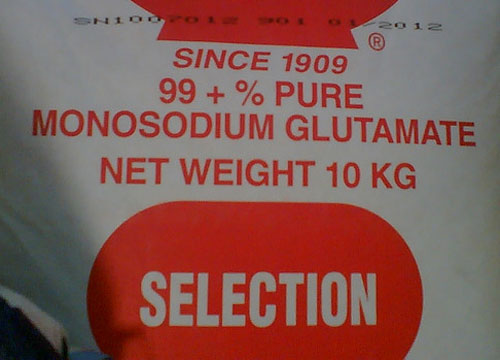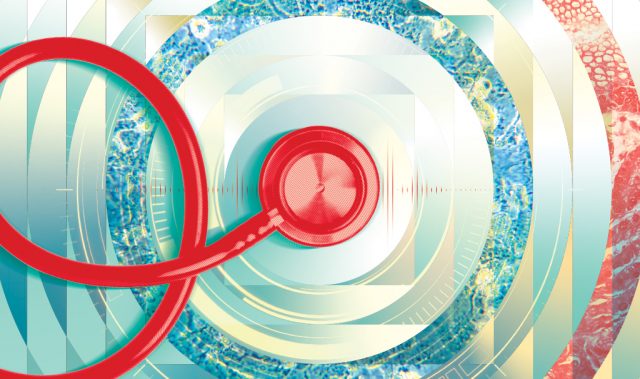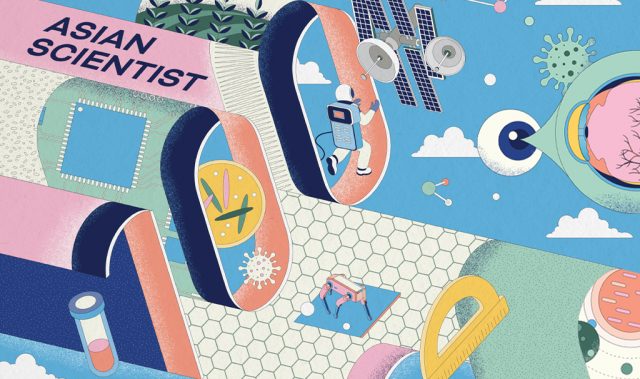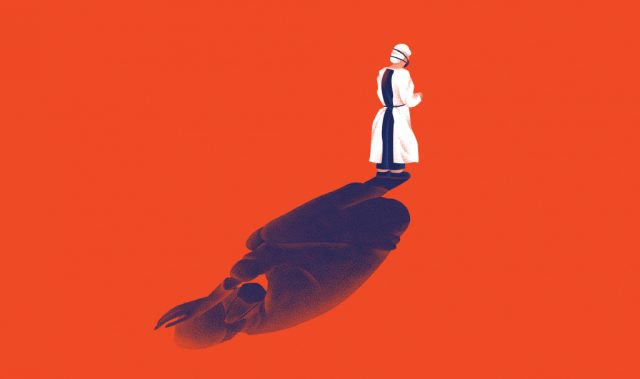
AsianScientist (Oct. 17, 2013) – Remember all those times you were given dubious health advice?
With so much advice on what to eat, what to do, and what not to do, it can sometimes be difficult to distinguish if the advice given is based on hard evidence or merely an old wives’ tale. Here are five health myths that we hope to debunk based on empirical evidence from scientific studies:
1. Drinking eight glasses of water a day is good for your health: You often hear parents say that drinking eight glasses of water a day ensures adequate hydration for the average person. The good news is fewer glasses of water daily won’t make much of a difference. But where did this magic number come from?
The source might be a 1945 recommendation by the US National Research Council (NRC) which goes like this:
“A suitable allowance of water for adults is 2.5 liters daily in most instances. An ordinary standard for diverse persons is 1 milliliter for each calorie of food. Most of this quantity is contained in prepared foods.”
A 2002 paper published in the American Journal of Physiology suggests that most people do not heed the last sentence of the recommendation, that most of this water can be found in solid food. This erroneous interpretation, coupled with the existence of water advocacy groups sponsored by French food giant Danone, probably made this myth stick in households everywhere. What were the products that Danone sold? Evian and Volvic bottled waters.
2. Exercise only an hour after meals to avoid appendicitis: It is often thought that exercise causes vigorous churning of food particles in our intestines. While the appendix is usually difficult to access, it is believed that some food particles may get lodged in the appendix, causing acute appendicitis.
However, research has shown that obstruction of the appendix is unlikely to be the primary cause of appendicitis. Researchers propose various other causes such as viral infection, low fiber diets and allergic reactions. Unfortunately, the definite cause of appendicitis still eludes researchers and medical practitioners till today.
3. Vegan diets are always good for you: Contrary to popular belief, a pure vegan diet lacks many nutrients that we need for proper function. Cholesterol is a good example. Our bodies cannot synthesize sufficient cholesterol on their own and the only source of cholesterol is from animal products such as fat. Plants do not produce cholesterol but a similar molecule, phytosterol, which competes with cholesterol for absorption in the intestines.
While bad in copious amounts, cholesterol is crucial to many biochemical pathways in the body such as bile production, vitamin D synthesis and testosterone production. Imagine the problems that arise from a lack of this important molecule! In fact, randomized controlled trials have shown a decrease in testosterone in participants on a low fat diet.
Of course there are benefits to eating your veggies. However, just like all diets, a balance is necessary to provide adequate vitamins and minerals for good health. If you want to embark on a vegan journey, take supplements to meet your nutritional needs.
4. The five-second rule for food that you drop: Ever heard of the five-second rule, the one which says you can still eat the fallen morsel if you can pick it up within five seconds of dropping it?
Researchers have subjected the five-second rule to rigorous scientific testing. Experiments conducted involved dropping food on various surfaces that were artificially contaminated with Salmonella typhimurium, a bacterium that causes gastroenteritis in humans. It was found that within five seconds, more than 99 percent of the present bacteria were transferred!
5. MSG is bad for your health: Invented by Kikunae Ikeda from the Tokyo Imperial University in 1908, monosodium glutamate (MSG) is a small molecule isolated from kombu, a type of seaweed, and used to flavor food such as meat, fish, vegetables, soups, sauces and marinades.
In 1968, the ‘MSG Symptom Complex,’ a reaction towards MSG consumption characterized by general weakness and palpitations, was described by Robert Ho Man Kwok in the New England Journal of Medicine. However, despite subsequent studies debunking the threat MSG poses to health, its reputation has never improved.
Surprisingly, the Food and Drug Administration (FDA) has classified MSG as a Generally Recognized as Safe (GRAS) ingredient since 1958. Other ingredients that are in this category include pepper and sugar. In fact, MSG has only one third the amount of sodium (Na+) as compared to table salt (NaCl). Nonetheless, everything in moderation, we say!
——
Copyright: Asian Scientist Magazine; Photo: Richard Masoner/Cyclelicious/Flickr/CC.
Disclaimer: This article does not necessarily reflect the views of AsianScientist or its staff.












